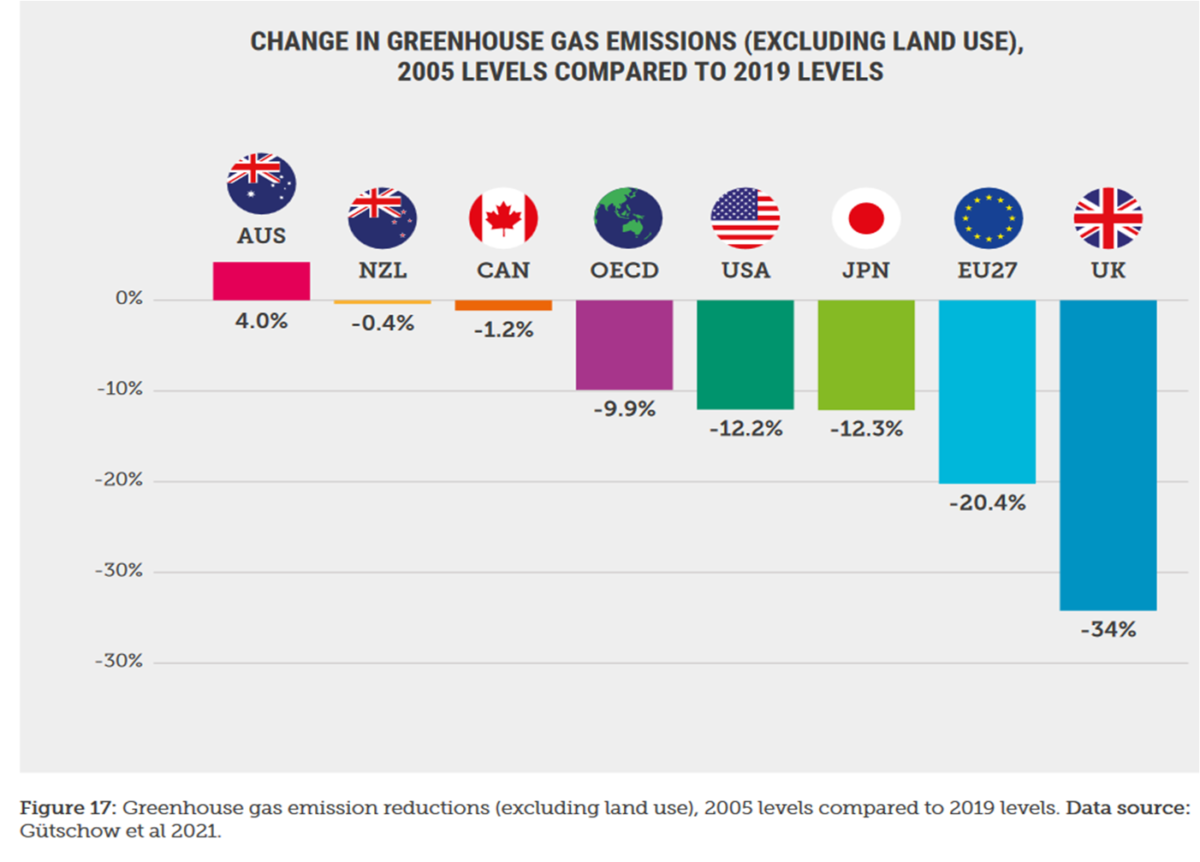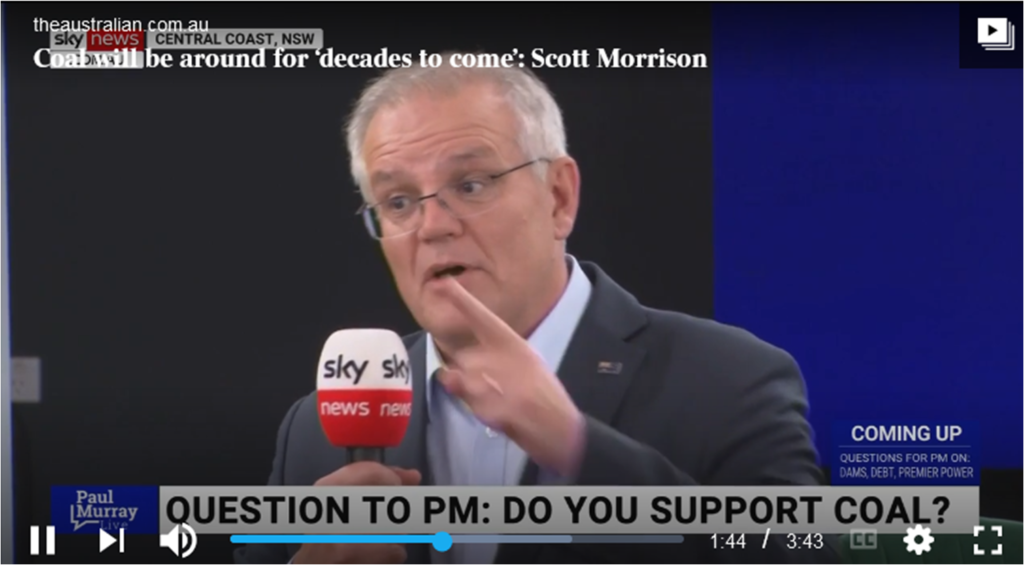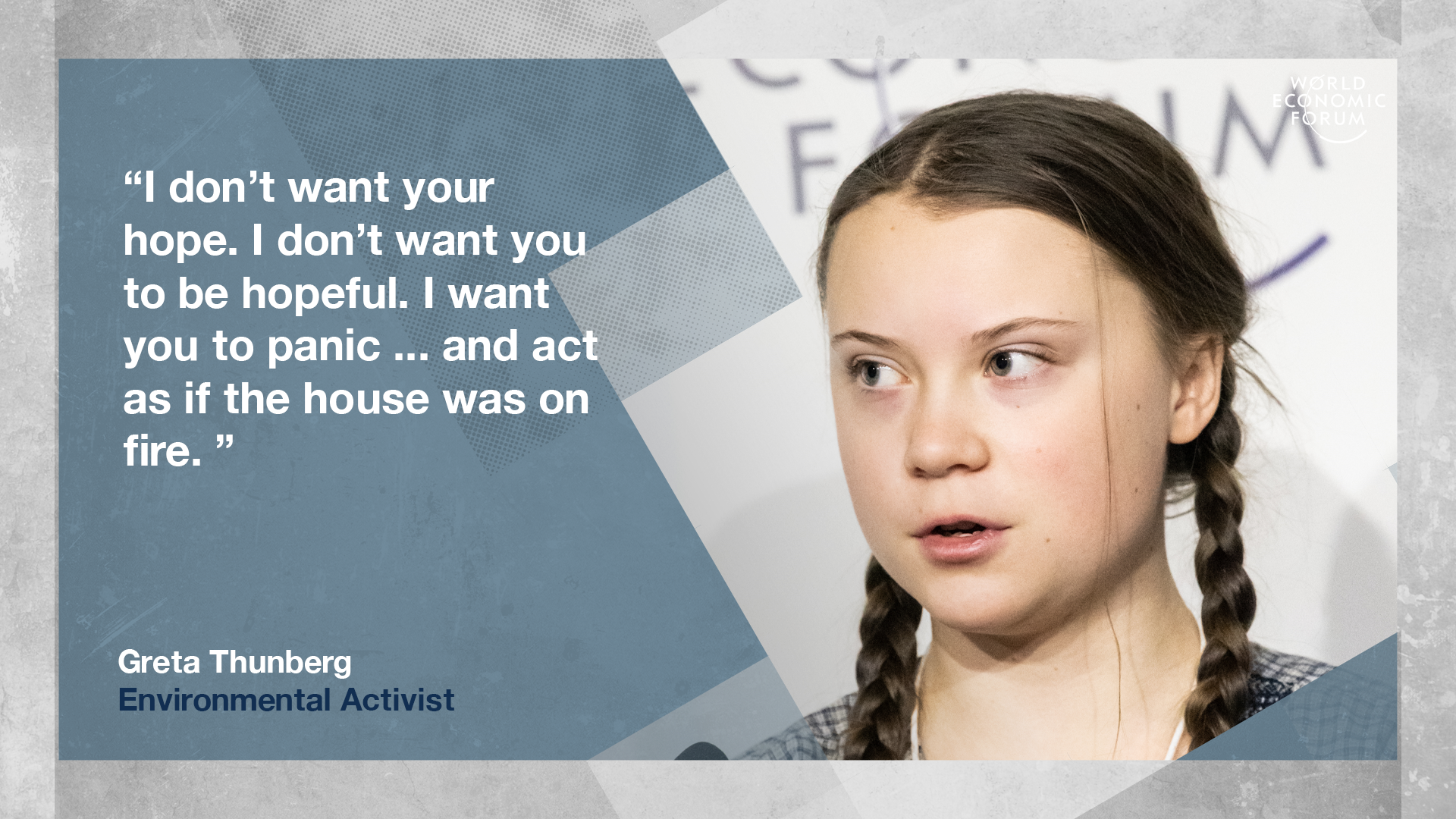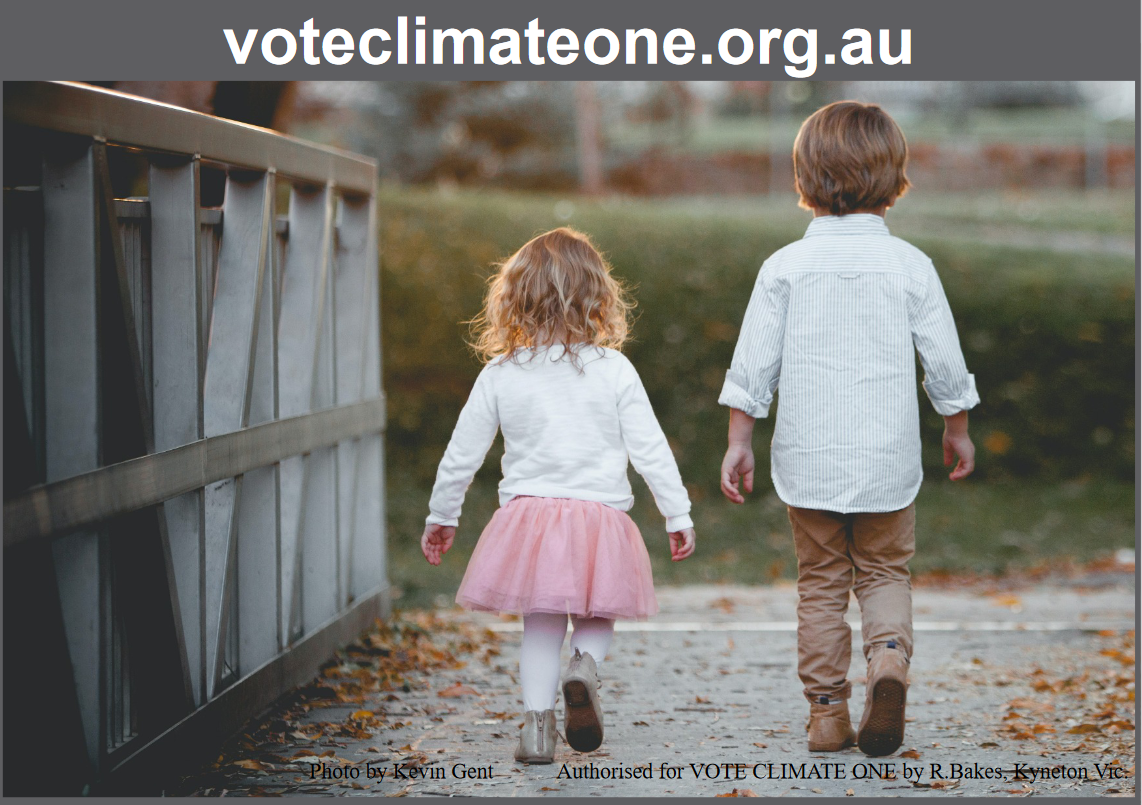See new Climate Council report on lost opportunities

Eight years ago the LNP COALition govt. cancelled the national Climate Commission. But they kept on. Their report details lost opportunities.
Report summary, via Amanda McKenzie – Climate Council CEO, 01/04/2022:
Good factual, evidence-based reporting meticulously details the costs of 8 years LNP COALition Government denial and sabotage of science, blocking, disinformation, and downright malfeasance to prevent effective action on the growing climate emergency
The Climate Council’s full report can be downloaded from here.
Not counting front and end matter the Report provides 72 pages of well documented reportage on just what the government has done (1) to impede action on the global climate emergency that I have reported on extensively in Climate Sentinel News and (2) what the government has failed to do to help protect Australians from the worst impacts of climate change.
The analysis begins with an Introduction and Scorecard on Federal Government Climate Action that can be used to track progress into the future.
The real meat begins with Chapter 3 – Attacks on Science. What is documented here is a concerted attack to downsize and terrorize some of Australia’s world ranked scientific and technical institutions (e.g., CSIRO Climate Science Division) because the Government didn’t like the reality they reported. The cost of this denialism and threats is tracked through the remainder of the chapter (as well as through the rest of the Report).
Chapter 4 traces Australia’s dismal record, showing amongst other gems of mismanagement that:
In the thirty years since Australia first committed to tackling climate change, our emissions have increased by more than a quarter. [my emphasis]
p. 23
Chapter 5 – Setting the Record Straight, looks the physical cause of global warming, greenhouse gas emissions, and what can be done to reduce and stop them.
Chapter 6 – Reckless Conduct, looks at the LNP Government’s actions to promote fossil fuel industry growth at the expense of mitigating impacts of global warming induced climate change.
Chapter 7 explores the impacts of the LNP Government’s bad management of the climate emergency on Australia’s foreign policy and relationships.
The final chapter, saving the Conclusion of the Report surveys the Government’s program and policy decisions favoring its mates in the fossil fuel industry versus closing down or cutting programs addressing climate change.
…Australia can and should cut its emissions at an even faster rate than the required global average. The Climate Council recommends that to make a fair contribution to the required global effort, Australia should achieve net zero emissions by 2035, and reduce emissions by 75 percent below 2005 levels by 2030. As a first step, Australia should match its key allies and commit to at least halving emissions by 2030. We should aim high, and we should move fast in order to maximise the benefits and minimise the risks.
Embracing our natural advantages in clean energy, zero-carbon manufacturing and other climate solutions will ensure jobs and prosperity for Australians now and for generations to come. It will improve our health, and help protect our natural heritage. Bold and transformative action this decade is not only fundamental to protecting all of us, but can also secure Australia’s economic prosperity.
It’s crunch time. Another lost decade will put us on the precipice of climate catastrophe. The 2020s are our ‘Last-Chance Decade’ – a decade the next Federal Government cannot afford to squander.
pp. 65- 66
In Scotty’s own words in one of his pet mediums – something to think about:

If that wasn’t enough, here’s a choice of some of Scotty’s thinking about stopping our slide down the slope to runaway global warming and possible near-term extinction
via the Guardian:
09/09/2021 via the Guardian
The future of power: What’s behind Australia’s push for gas-fired energy | ABC Four Corners
What can/must we do about this dreadful government and even worse situation?
We need to turn away from the the road to hothouse hell, and we won’t do this by continuing with the kind of business as usual Scotty from Maketing and his fossil fuel puppets are spruiking!
It seems to taken the clear thinking of Greta Thunberg, a 16 year-old girl who concluded school was pointless as long as humans continued their blind ‘business as usual’ rush towards extinction.

In other words, wake up! smell the smoke! see the grimly frightful reality, and fight the fire that is burning up our only planet so we can give our offspring a hopeful future. This is the only issue that matters. Even the IPCC’s hyperconservative Sixth Assessment WG2 Report that looks at climate change’s global and regional impacts on ecosystems, biodiversity, and human communities makes it clear we are headed for climate catastrophe if we don’t stop the warming process.
Scott Morrison and his troop of wooden-headed puppets are doing essentially nothing to organize effective action against the warming. In fact all they doing is rearranging the furniture in the burning house to be incinerated along with anything and everyone we may care about.
In Greta’s words, “even a small child can understand [this]”. People hope for their children’s futures. She doesn’t want your hopium. She wants you to rationally panic enough to wake up, pay attention to reality, and fight the fire…. so our offspring can have some hope for their future. Vote Climate One’s Traffic Light Voting System will help you use your preferential votes wisely on behalf of our offsprings’ future.

Featured image: Fig. 17 from the Climate Council Report, THE LOST YEARS: COUNTING THE COSTS OF CLIMATE INACTION IN AUSTRALIA